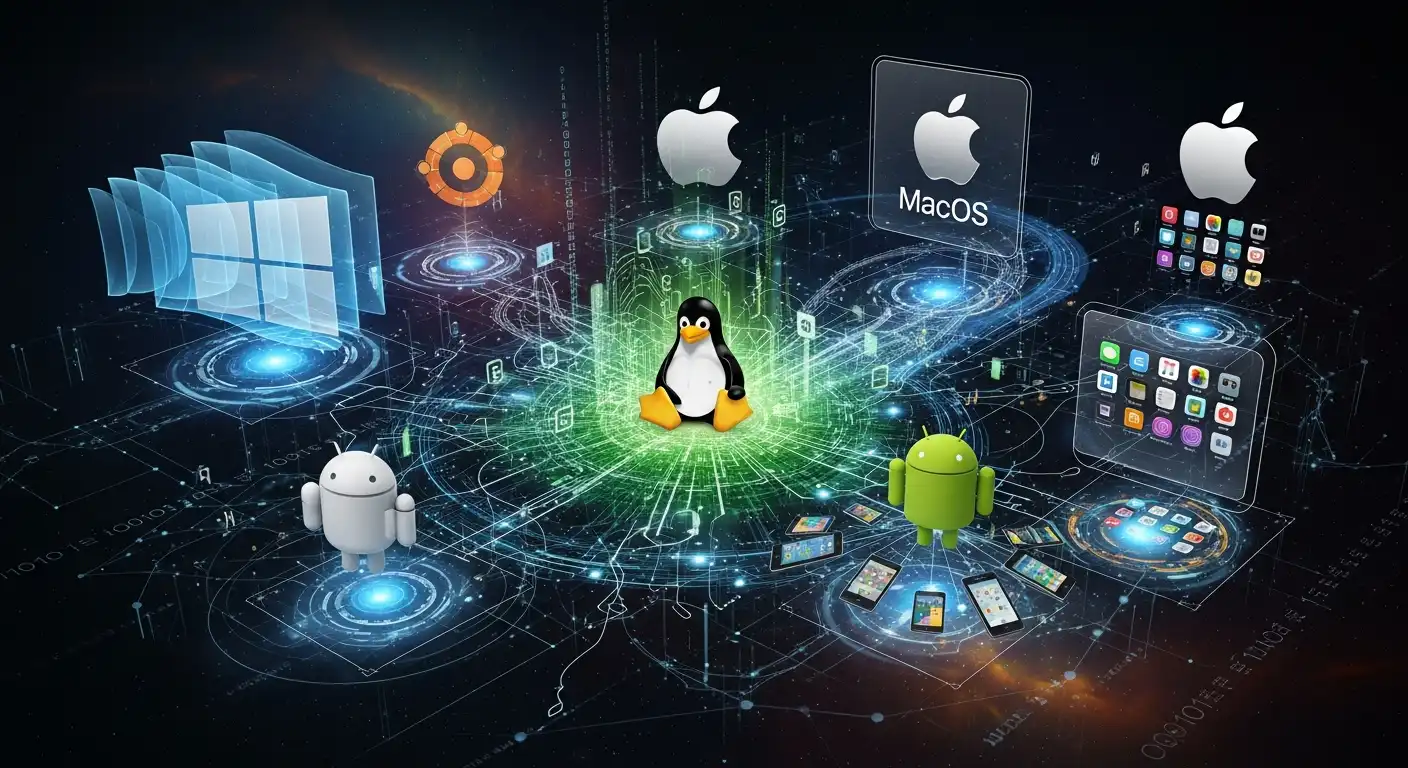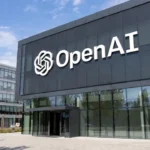Operating systems, often abbreviated as OS, form the backbone of modern computing. This insightful analysis explores the significance and impact of operating systems on technology and users, the challenges they pose, and their potential to shape the future of computing.
Significance of Operating Systems
An operating system is software that acts as an intermediary between computer hardware and the user. Its significance lies in several key aspects:
- Hardware Management: It manages computer hardware, enabling software applications to function effectively by providing necessary resources and coordination.
- User Interface: It provides a user-friendly interface, facilitating interaction with the computer and application execution.
- Resource Allocation: They optimize resource utilization by efficiently allocating CPU, memory, and I/O devices to enhance system performance.
- Security and Control: Operating systems ensure system security, control resource access, and safeguard against unauthorized actions.
Impact on Technology and Users
Operating systems have had a profound impact on both technology and users:
- Technology Evolution: Operating systems have evolved over decades, from early mainframes to modern multi-platform systems, adapting to hardware advancements and user needs.
- Software Compatibility: They ensure compatibility, enabling various applications to run across different devices and architectures.
- User Experience: It significantly influences user experience by providing a platform for applications and shaping overall interaction with computing devices.
- Innovation Enabler: It fosters innovation by providing developers with a stable, consistent environment for developing new applications and technologies.
Challenges in Modern OS
Operating systems face several challenges, including:
- Security Vulnerabilities: The increasing complexity of the OS poses security risks that necessitate frequent updates and patches to mitigate them.
- Compatibility Issues: Maintaining backward and forward compatibility with various hardware and software is a constant challenge for OS developers.
- Resource Optimization: Balancing resource allocation to ensure optimal performance without overloading the system is delicate.
- User Privacy: Given growing privacy concerns, operating systems must balance user privacy and functionality.
The Future of Operating Systems
The future of operating systems holds several exciting possibilities:
- Edge Computing Integration: It must adapt to and optimize for the rise of edge computing, in which data processing occurs closer to the data source.
- Artificial Intelligence Integration: AI will likely play a crucial role in future OS, optimizing performance, security, and user experience through machine learning algorithms.
- Cross-Platform Integration: It will focus on seamless integration across devices, enabling a consistent user experience across smartphones, laptops, tablets, and other emerging devices.
- Quantum Computing Adaptability: OS must adapt to harness this revolutionary technology’s potential as quantum computing advances.
Conclusion
Operating systems are fundamental components of computing, providing the essential interfaces and functionality that enable users to interact effectively with devices. As technology advances, OS will evolve to meet challenges and embrace new technologies, playing a vital role in shaping the future of computing. Efforts to enhance security, optimize resource management, and integrate emerging technologies will drive continued evolution and relevance in the ever-changing tech landscape.





